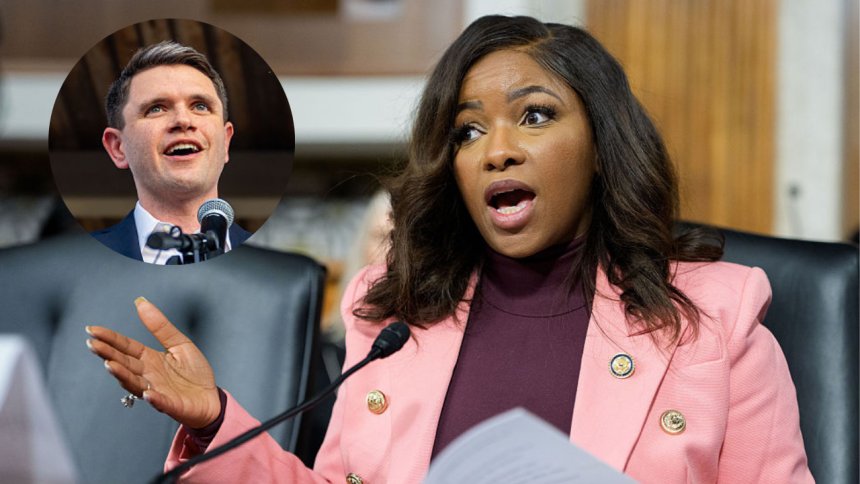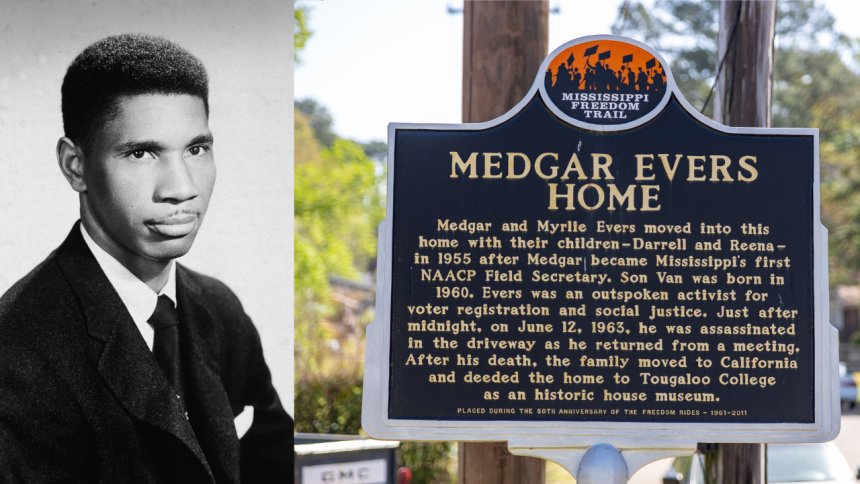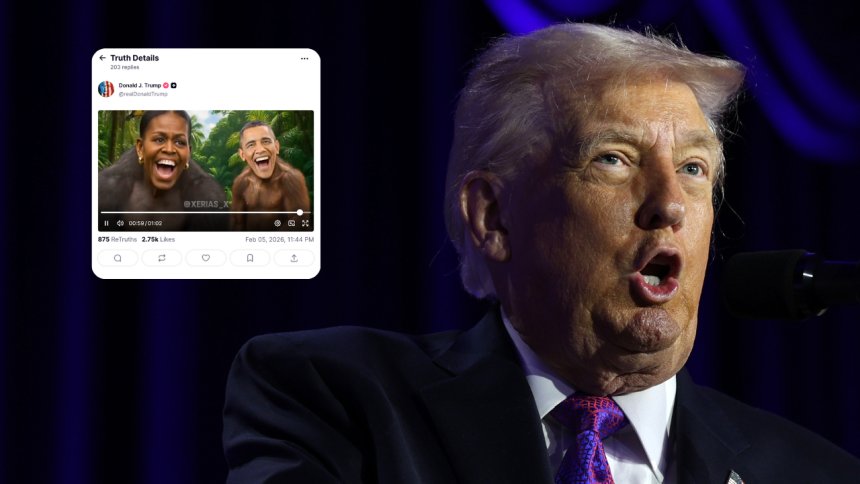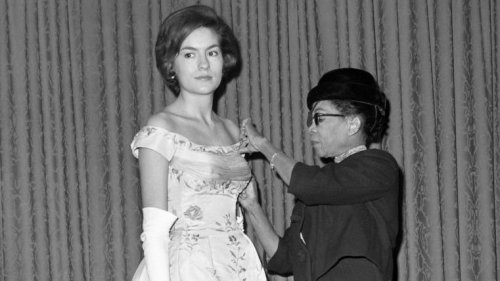The Tea app tapped into Black women’s networks. Then it exposed them
The viral women’s safety app, Tea, has come under fire after multiple data breaches and breeding bad faith gossip. When
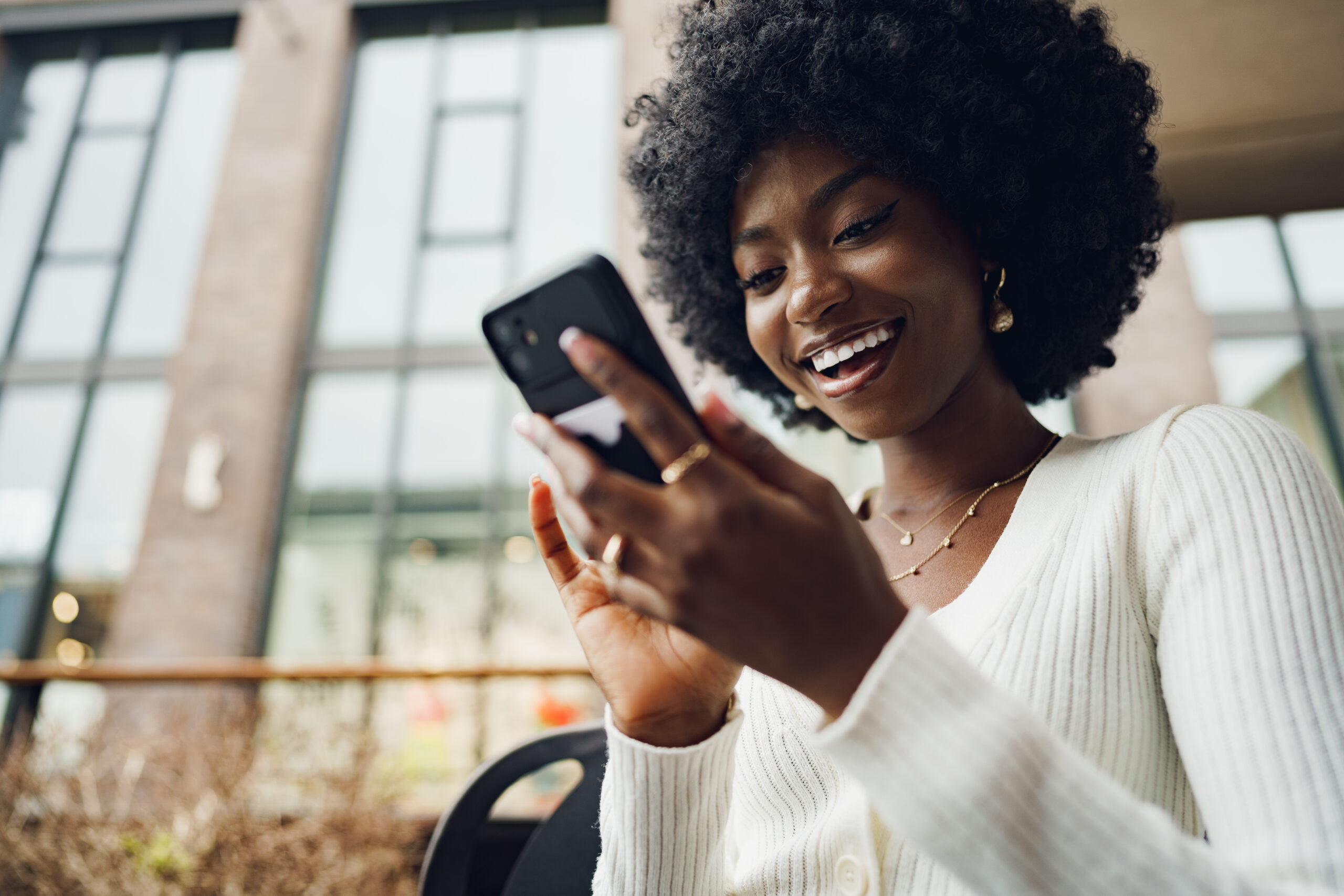
The viral women’s safety app, Tea, has come under fire after multiple data breaches and breeding bad faith gossip.
When it came to the Tea app, “the tea” was supposed to spill safely, but now everyone’s burned.
The women’s safety app, which allows users to dish on their dates anonymously, is making headlines this week not for helping women, but for data breaches, reputation-damaging gossip, and users turning on one another in ways that are anything but protective.
Tea launched in late 2023, marketing itself as a private, women-only safety platform where users could vet men, flag toxic behavior, and search a database of red and green flags before going on a date. To join, women must verify their identity by uploading a government-issued ID and a selfie. According to its creators, the goal was to increase safety by crowd-sourcing information on bachelors in their respective cities.
But in recent weeks, the app has come under fire after two back-to-back data breaches, a flood of legal threats, and a reckoning with the very culture it helped amplify.
Tea wasn’t explicitly made for Black women, but it gained major traction among them, especially in regions like the DMV, New York, and Atlanta. In those spaces, the app reflected the way Black women have long built informal networks of protection. It mirrored the conversations overheard in salons, at brunches, and among group chats—the kinds of whispered warnings meant to save a friend from a mistake.
But that spirit didn’t last. The Tea app also fostered some of the worst cultural tendencies of the moment, like the impulse to call people out publicly and loudly with little verification. Women turned on women, exposing each other’s private activity, sharing screenshots recorded from other phones outside the app, and posting damaging personal claims made on the app—some of which have led men to contact defamation lawyers.
Right now, you could search the Tea app and any such city on TikTok and find scores of posts exposing feeds.
The harm wasn’t just user-generated. It was baked into the platform’s DNA. Tea explicitly advertised itself as a way to “Get the tea on your date,” according to its official app store listing, blurring the line between protection and spectacle.
Then came the hacks. On July 25, app creators revealed on social media that a hacker had exposed over 70,000 user-uploaded images, including verification selfies and IDs, the New York Times reported. The stolen data ended up on sites like 4Chan and 404 Media. A second breach soon followed days later, leaking over 1.1 million private messages, some containing deeply sensitive information about relationships, health decisions, and trauma.
Tea has since disabled its messaging system in response while further investigating the matter. According to BBC News, the app’s founders have also said they will provide identity protection services to impacted users.
Still, trust has eroded. Two class-action lawsuits have been filed. Users have demanded more accountability, not just for the breach, but for how unsafe the platform became long before hackers had their way.
Tea now risks joining the ranks of other anonymous gossip-based apps like Yik Yak and After School, which rose fast on viral energy only to fall hard under the weight of unchecked anonymity. While Yik Yak eventually relaunched in 2021 with enhanced features to improve user experience, these platforms rarely withstand the long-term ethical responsibility associated with them. And when the users most harmed are women, especially Black women, the consequences land harder and cut deeper.
The real irony? Women only need apps like Tea because of how unsafe men and the systems they dominate continue to be. These platforms don’t exist merely because women are messy. They exist because women are vulnerable. Because we’ve had to build our own backchannels for safety in a world that keeps failing us.
Tea was founded by Sean Cook, a white male tech entrepreneur inspired by his mother’s traumatic experience with online dating, per the app’s about page. His intentions may have been sincere, but good intent isn’t the same as secure design, cultural understanding, or ethical accountability. If you’re building a platform to keep women safe, you need to understand what’s truly at stake.
If these platforms can’t protect us, they must be radically reimagined (not unlike Yik Yak) or shut down. At the end of the day, the users didn’t fail the app. The app has failed them. And women deserve better from our platforms, yes, but especially from the world that made us need them in the first place.
Share
What's Your Reaction?
 Like
0
Like
0
 Dislike
0
Dislike
0
 Love
0
Love
0
 Funny
0
Funny
0
 Angry
0
Angry
0
 Sad
0
Sad
0
 Wow
0
Wow
0
